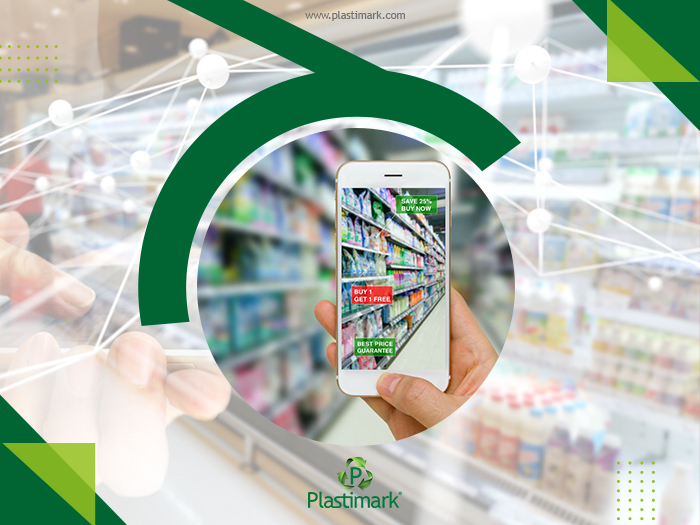An analysis based on ISTAT data shows that from 2011 to 2016 there was exponential growth in e-commerce at the expense of brick-and-mortar stores, but in recent years this trend is downsizing. Many companies have demonstrated their ability to react to the new scenario, devising new strategies to survive and meeting the changing needs of consumers. The biggest goal of retail brands is to ensure that customers have a positive shopping experience in order to retain their loyalty.
To achieve this, retailers need to complement their traditional customer service with a personalised customer experience. In addition, seeing a product in shop, touching it, assessing its quality and freshness, builds consumer trust and makes them more likely to buy, increasing the average receipt compared to online shopping.
This is why some e-commerce giants, such as Amazon, are focusing on the creation of physical spaces, such as the Amazon Fresh Grocery: a shop of about 3,300 square metres in Woodland Hills (Los Angeles), California. The physical shop is therefore destined for a revision of its vision and spaces, but will always remain irreplaceable.
Points of sale with attention to every detail, thanks to a high level of personalisation, reinforce the brand’s identity recognition. The customer will therefore be increasingly inclined to find out about proposals and assortments online, but will continue to come to the shop to have an experience that can only be built in a physical environment.
At the same time, shops will have to be increasingly innovative and keep up with technology, through new ideas and the development of artificial intelligence capable of facilitating and speeding up shopping.
Plastimark has always been in step with the times and offers fully customisable products, suited to the infinite possibilities of retail marketing, technological and environmentally friendly solutions that meet all the needs of future shops.
